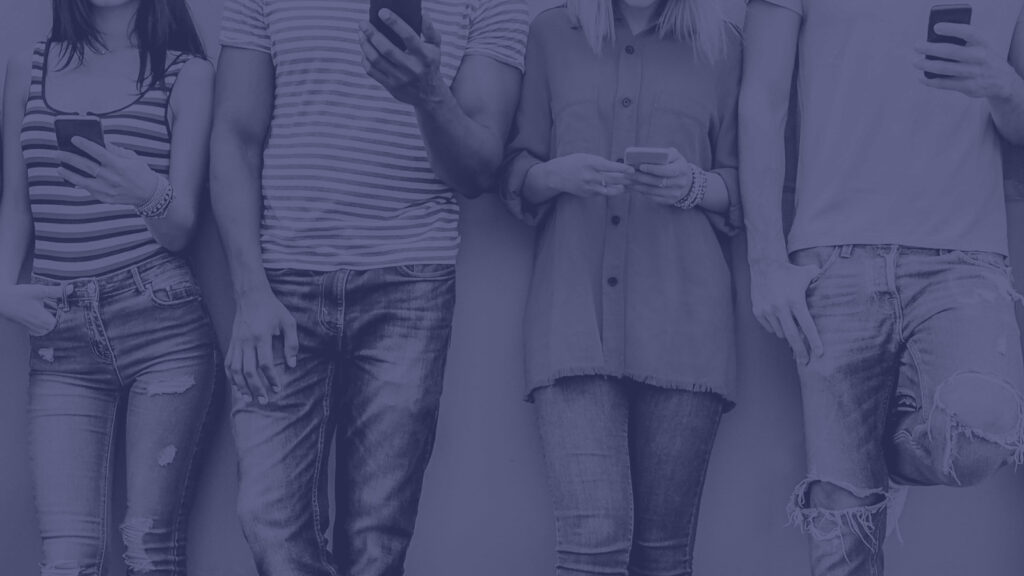The world is to getting darker. You’re just becoming more aware.
An article posted by The Jakarta Post in 2018 noted that the 20th century was quickly followed by the emergence of consumerism as a cultural as well as industry 2.0 and 3.0, both very significant industrial revolutions. Now with the added stress of the pandemic, the separation of class and privilege are even more staggering.
Economic Progress and Social Justice
Progress is inevitable and that is especially true when it comes to the digital empire. The concept itself can be very beneficial for international connections, knowledge seeking and our environment. However, the narrow view on economic progress and development are often associated with leaving millions behind to fend for themselves due to the fact that attaining financial stability can already be difficult as is, only made worse as digital comprehension is still out of reach for these individuals.
If humanity were to move forward as a species, then we must not leave anyone behind and focus on what we can do to improve development for all. Here are a few things younger generations, Gen Z and millennials like you, can do:
1. Examine your stance and educate yourself
When it comes to social justice issues it is imperative that you check and acknowledge your privileges—in this case, digital literacy and internet access. Figure out how you can use it as a way to help others who may not be quite as lucky. If you are reading this article, there’s a good chance that you haveaccess to the internet, meaning you are connected to countlessinformation worldwide just waiting to be explored. The reason why many people these days don’t buy the being-raised-a-certain-way excuse anymore is because information is so easy to reach now that there should be no reason to remain ignorant other than the choice to be that.
We have great articles of varying topics surrounding social justice issues, including an inclusion and equity issues that you can immerse yourselves into as a start!

2. Be prepared to Invest (responsibly)
It can be time; it can be money and it might even be your mental health; simply because activism is never instantaneous. It is instead a process that may have its ups and downs. Due to this, many will think that using their voices once is enough to solve an issue that may have been rooted in society for centuries or even systemic issues and stop once the “trend” is over, resulting in less engagement in an issue overall.
On the other hand, the same reason may cause people to feel exhausted and drained mentally as there will always be parties against your movement. During these times, it is important to maintain balance between activism and taking time offs, “live to fight another day,” as the saying goes.
3. Take action in your own community
Discover your local organisations and collaborate with other cause-driven individuals or organisations. Volunteer in your immediate community or even city if you’d like to go bigger and luckily, many are open for help even remotely. With the help of the internet, websites have even emerged as away to connect volunteers with their causes with one of the most reputable sites being International Volunteer HG (ICHQ) that has built its reputation since its birth in 2007.
4. Harness the power of social media
Not everyone can attend demonstrations, so often we take our activism online, with the hopes that it can reach a worldwide interest and that’s great! These days accounts on Instagram alone have been slowly dominating the platform, with even more onTwitter and TikTok as well as the emergence of Campaign.com, a mobile application that makes activism rather entertaining.
In addition to this, social media have been gaining traction as a means to advocate for social justice, with just about everyone ableto use their voice. Recently, farmers and India have been protesting for their rights but have unfortunately been facing numerous backlashes from their government, with internet blackout as one of the consequences.
Activists, celebrities and general internet users have been using their platforms to share, inform and educate others of current affairs and what they can do to help. However, making use of social media can be effective in advocating social justice issues, but it is not exclusive, as it is not the only way to advocate social justice issues.
5. Donate
Poverty and inequality are not always obvious, but they exist even in the most advanced in society. Tersalur for example, is a great community of volunteers that accepts different kinds of donation such as books, clothes, money and even knowledge, as a means to volunteer. Websites like thetrevorproject.org and afcr.org also allows contributors to donate to LGBT youth crisis prevention and cancer research around Asia respectively.
Websites like thetrevorproject.org and The T Project Singapore allow contributors to donate to LGBT crisis prevention. While AFCR.org focuses on cancer research around Asia. Say you want to get more personal you can donate food, clothes, money or feminine hygiene products to people who might need them around your area. The sky’s the limit, when it comes to donation and creating positive impacts!
6. Flex your empathy muscles
As Charlie Chaplin once said in his speech called The Great Dictator, “We think too much and feel too little. More than machinery, we need humanity. More than cleverness we need kindness andgentleness. Without these qualities, life will be violent and all willbe lost…“
Perhaps the most important note to end on is to simply be kind; become passionate and understanding towards the people who may be struggling as the way for humanity to survive as a whole. With kindness as your basis to activism instead of attention or even hate, you will be more likely to constantly feel motivated towards your movement.
In this digital day and age, empathy is one if not the most important attributes of humanity that can separate us from the intelligent machines we have created, even AI. Many innovations were birthed out of love like the bra that detect breast cancer and the rubber gloves that was first invented because the creator wanted to protect his wife’s hands while washing the dishes.
Though digital literacy is nearing a status of a human right rather than a mere privilege as time goes, not everyone has access to it. The digital revolution has undoubtedly created great solutions to humanity. But in turn, it has also created a massive digital divide for many. Numerous researches on the subject in Asia has been done in the past, but the issue itself still persist to this day.
A report done by Hootsuite and We Are Social in 2020 showed that up to 60% of the world’s population has access to the internet, with300 million only able to join in for the first time during the 12 months prior to the research. We as part of the 60% lucky individuals have the power to change their lives for the better. It is now up to you how you would like to start.



